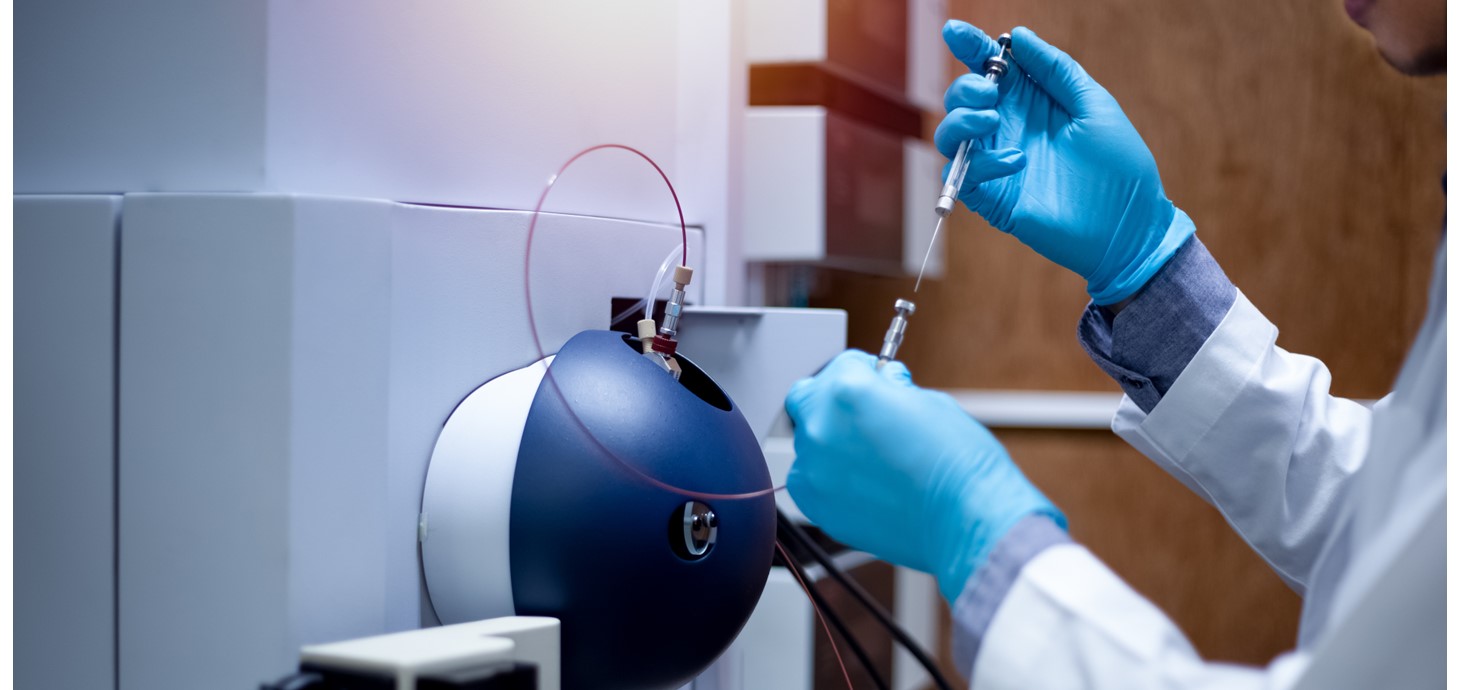
Swansea University is set to play a key role in a new platform aimed at bringing together UK strengths in the research of rare diseases to develop better and faster understanding, diagnosis and treatment.
The UK Rare Disease Research Platform has been established with a £14 million investment over five years by the Medical Research Council (MRC) and the National Institute for Health and Care Research (NIHR).
Professor William Griffiths and Professor Yuqin Wang, from Swansea University Medical School worked with consultant paediatrician Dr Graham Shortland and Professor Stuart Moat, from Cardiff and Vale University Health Board on a successful bid for funding.
Swansea has now been chosen as one of the platform’s 11 specialist nodes based at universities across the UK offering different specialities. The Swansea node’s goal is to bring mass spectrometry-based lipidomic science into the arena of rare disease research to enable earlier diagnosis, intervention and improved clinical outcomes.
The announcement follows on from Swansea successfully bidding for an MRC Equipment – World Class Labs Award of almost £800,000 for state-of-the-art mass spectrometry equipment to continue and expand its research into cholesterol-related disorders. These range from neurodegenerative diseases such as Parkinson’s, Huntington’s, Alzheimer’s, motor neuron disease and multiple sclerosis through to metabolic disorders like fatty liver disease, and on to rare inherited diseases which are very difficult to diagnose.
Professor Griffiths, Director of the Swansea-led node, said: “One of the real academic strengths we have in South Wales is lipidomic research where we look at fats in the body and how they are involved in the heathy functions of the body but when not properly regulated can cause disease.”
Co-investigator Professor Wang said: “The grants from MRC are a real boost to research in Wales and we will work closely with Cardiff University and the University Hospital of Wales along with our partners at UCL and University of Manchester to deliver the projects.”
Dr Shortland added: “It has been a real pleasure for Stuart and I to work with Bill and Yuqin to obtain their funding. This brings the unique UK experience of the all-Wales Syndrome Without a Name Clinic and Professor Moat’s experience in the field of biochemistry and rare diseases to this bid and ensure collaborative working between our relevant departments in Cardiff, Swansea and other leading centres in the UK.”
The UK Rare Disease Research Platform’s aim is to bring together teams with the right people, patients, stakeholders and technologies to deliver research with greater impact.
A rare disease is one that affects fewer than 1 in 2,000 people. However, there are thousands of these conditions, and around one in 17 people in the UK is affected by a rare disease. More than 30 per cent of children with a rare disease die before they are five.
MRC Executive Chair Professor John Iredale said: “The UK has great strengths in rare disease research. The platform will bring people together, link participants to resources and activities in the UK and internationally, and support projects that deliver advances in rare disease research.”
